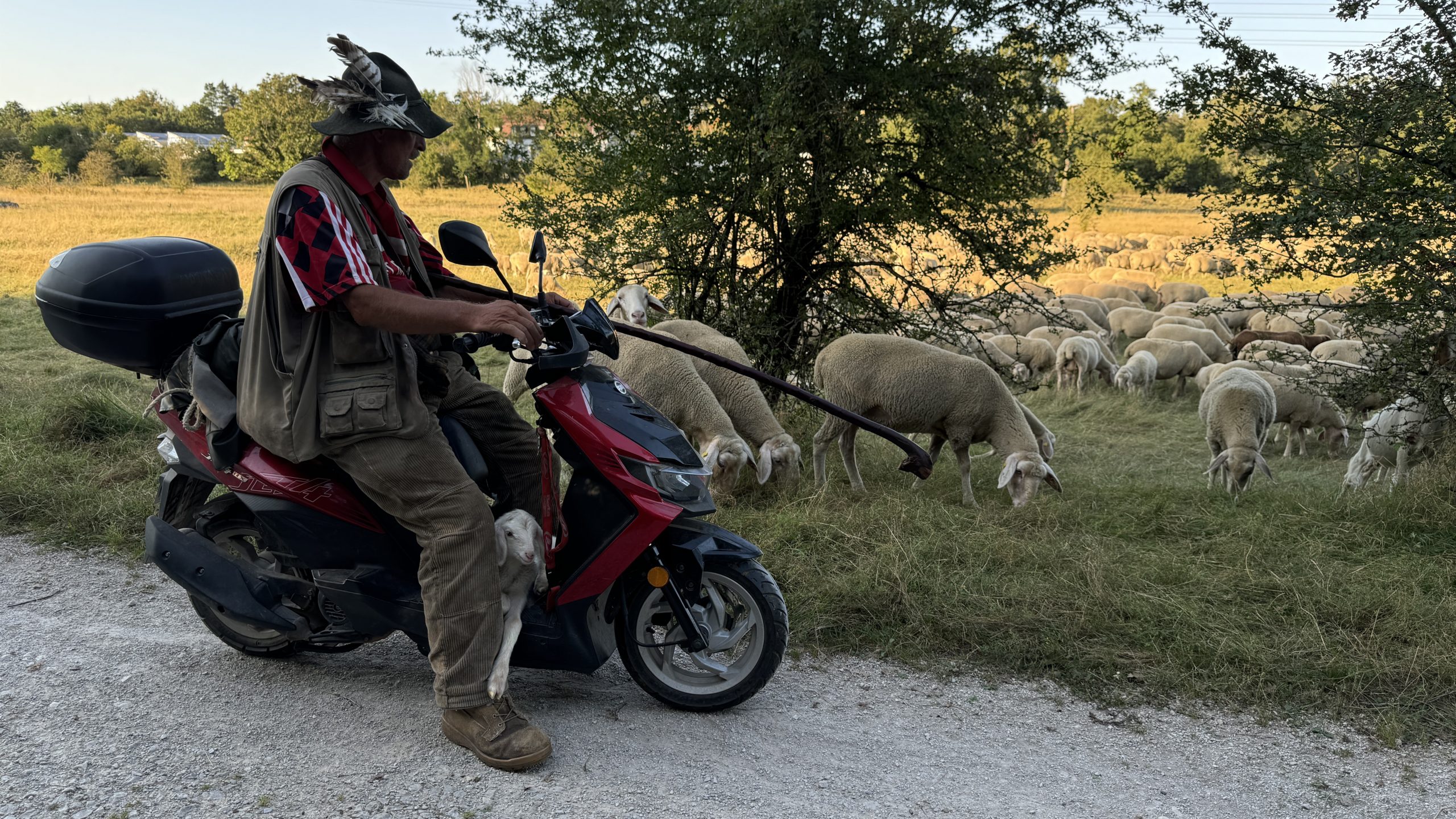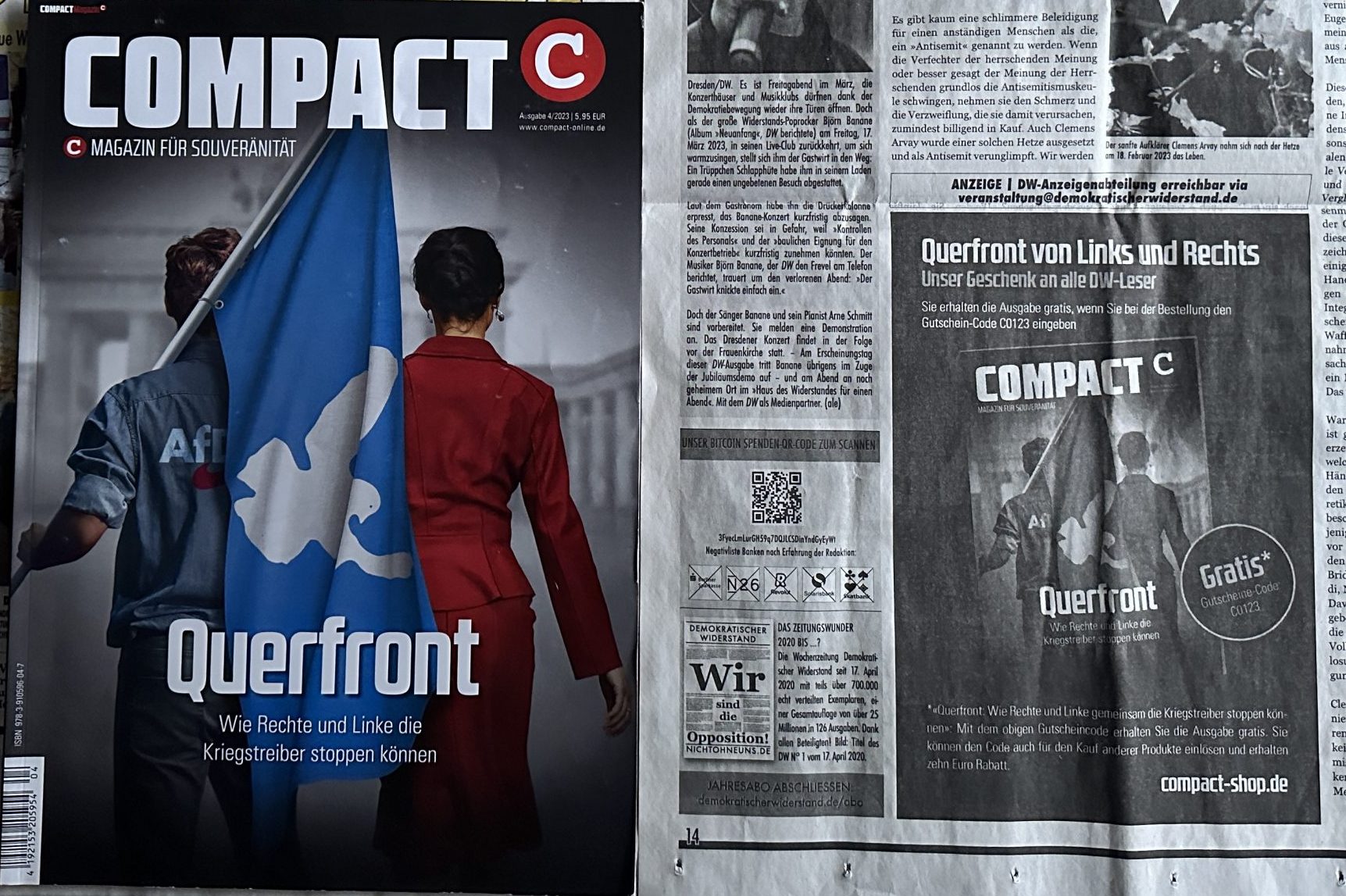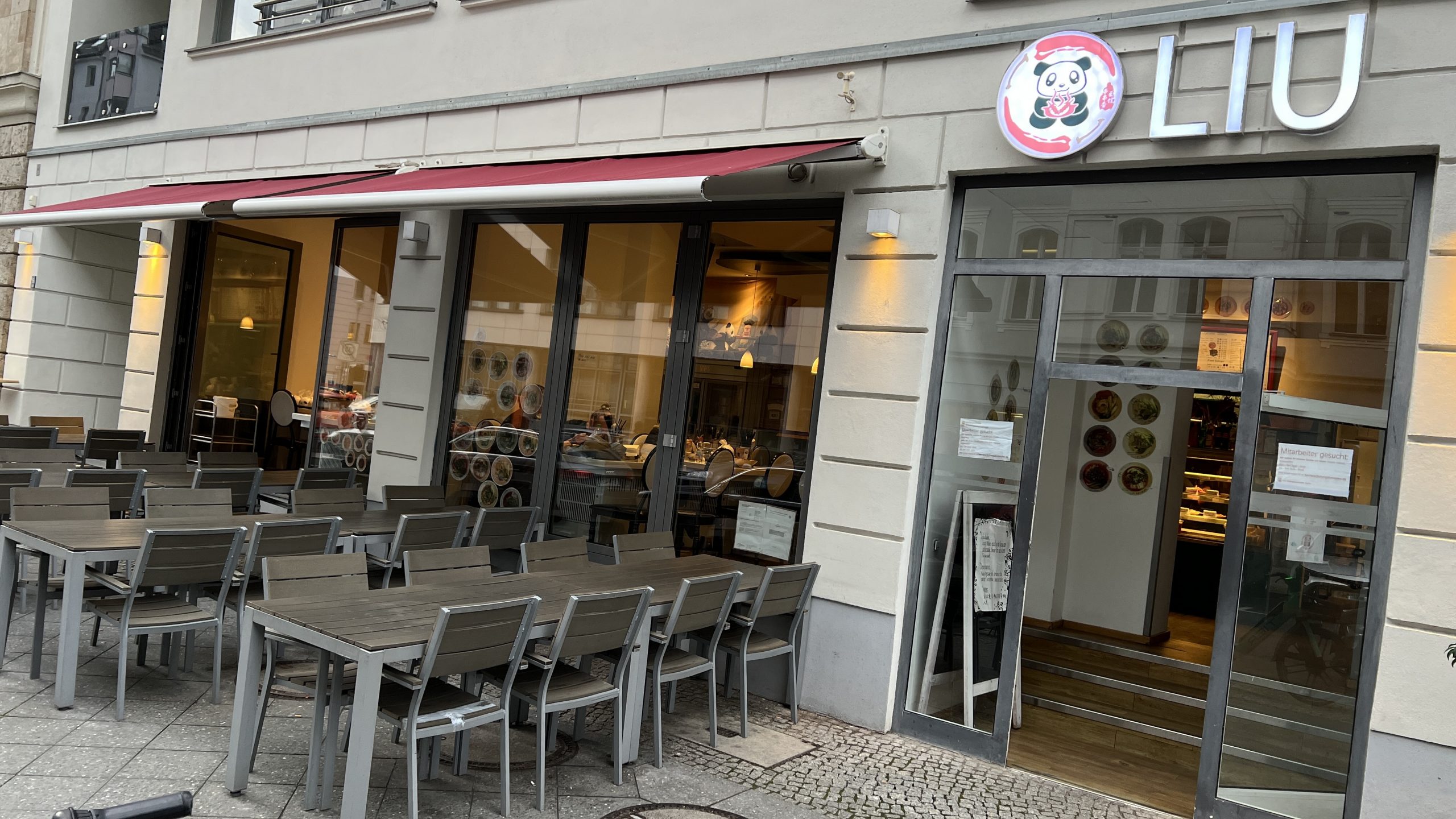Sensational victory of the Sudanese Art Film at the Berlin Festival
It was totally unexpected. The pundits had not anticipated it. Nobody thought that a film from Sudan would get a major trophy at this year’s Berlin International Film Festival! But it did! «The Documentary Award» winner 2019 is from Sudan. And, not enough, it won the most sought after award as well: «The Prize of the Public».
Such a thing never happened before, in the 70 years history of this film fest, one of the world’s major movie festivals.
The title of the film: «Talking about Trees», a movie about the love of cinematographic art and the passion for restoring old Sudanese films. Named after a line of the poem «To Posterity» by German poet Bertolt Brecht.
Written and directed by Suhaib Gasmelbari Mustafa (born 1979 in Omdurman) who studied cinema in France where he pursued an education in cinema history, critique and directing. He also gained expertise in graphic design, special effects, and broadcasting. Nevertheless, his main focus remains the true Cinema. In the past, he has concentrated on narrative films, but is now moving to documentaries.
The protagonists are four of the most well-known directors of the Sudanese cinema, Manar Al Hilo, Altayeb Mahdi, Ibrahim Shaddad and Suliman Mohamed Ibrahim Elnour.
All of them were present in Berlin and stood answering an admiring and enthusiastic crowd.
The movie is arranged on two levels: it shows how members of the «Sudanese Film Group» are busy trying to get one of the Khartoum’s once famous open-air cinemas back into service.
Their idea: showing the US-American revisionist Western film «Django Unchained», 2012, on the big screen.
Of course do they need the approval of the authorities. The whole thing is a walk through a labyrinth. We will not tell more now – but, it is obvious, the film has a message. And it presents its message with a smile, in a funny, entertaining and intellectual way.
On a second level, the film is about film: it shows the work of the German Government’s film restoration programme, which brings the faded old copies of Africa’s cinematographic heritage back, thus preserving it for future generations.
This is truly a great film, and it was more than merited that it won two major awards.
Not a recluse intellectual thing, either, as the prestigious and very much sought after «Prize of the Public» showed. Congratulations!
This year’s Berlin film fest screened an astonishing number of Sudanese movies: a total of 9 films, produced between 1964 and 2019.
«Talking about Trees» was one of them.
«Khartoum Offside», 2019, by Marwa Zein El Abdin Seed Ahmed Fadl Arbab, was another one. It is a joyful documentary about putting together a Sudanese women’s football team for the FIFA Women’s World Cup. The film is about friendship, the joys of sport, and of the role of women in society – and, incidentally: subtly challenges stereotypical perceptions of her country.
«Khartoum Offside» is Marwa Zein’s (a Sudanese filmmaker, born 1985 in Mecca) first long film. It was produced by the production company which she has established in Khartoum. Marwa is also one of the organizers and programmers of the Sudan Independent Film Festival.
«Of Dust and Rubies», 2000, by the late Hussein Shariffe, is a pictorial rendering of contemporary Sudanese poetry. Born 1934 in Omdurman, he worked mainly in Egypt. His work was presented by Talal Afifi, the director of the «Sudan Film Factory» which is a film culture platform and a production company in Khartoum. Talal Afifi is also one of the main actors in «Of Dust and Rubies».
«The Station», 1989, is a classic. Its author, Altayeb Mahdi (born 1951 in Omdurman), was personally present and spoke about his films to an enthusiastic audience. It portrays a nameless petrol station on the road between Port Sudan and Khartoum, where the big trucks of the modern world encounter the small life of the locals. The whole thing is a moving portrait of how «development» comes to Africa, and how it breaks and disrupts peoples’ lives.
«The Wali’s Tomb», 1977, another classic by Altayeb Mahdi, is about the clash between traditional religious beliefs, and the modern mind. Human beings feel a need to connect with the above – this sometimes takes on forms which established religion or indeed the state regard with suspicion. The film asks to which extent personal freedom must be tolerated, even if it is in contradiction with the values of the elites, and indeed, government.
Altayeb Mahdi (born 1951 in Omdurman) graduated from the Higher Institute of Cinema in Cairo in 1976. He has won many awards, and is rightly regarded as one of the masters of the Sudanese cinema. He is currently working on the feature film «The Lantern and Darkness».
«Camel», 1985, by Ibrahim Shaddad is the portrait of a camel, gifted with thinking and dreaming, but condemned to working a sesame mill – a symbol of the struggle of nameless and countless humans struggling to make a living. Another film – «The Rope», 1985 – by the same director is set at the time of the Turkish-Egyptian punitive expedition to Sudan, in the 1820s. The film depicts the desperation of the people through the aimless stumbling of two blind men and their donkey.
«Hunting Party», 1964, was Ibrahim Shaddad’s graduation film at the German Film School in Babelsberg, near Berlin. Ibrahim Shaddad (born 1945 in Halfa) is a founding member of the «Sudanese Film Group» and a member of the editorial board of the magazine «Cinema».
«It Still Rotates», 1978, by Suliman Mohamed Ibrahim Elnour is a film about the hopes connected with socialism, in the former (Communist) Republic of South Yemen. It mixes the documentary style with theatrical performance, but its subject is the sometimes even comical clash between values: the values of the traditional local society, and the claims of a government that is intent on changing them. This master piece about opposing and irreconcilable longings of people was no doubt a highlight of the Festival.
Suliman Mohamed Ibrahim Elnour (born 1947 in Omdurman) studied Folklore, and African and Asian Studies at the University of Khartoum. He graduated at the «Gerasimov Institute of Cinematography» («VGIK») in Moscow.
The public followed the projections with great enthusiasm. In the discussion, many questions were asked. The Berlin fest was a unique occasion for the audience in Germany to get acquainted with Sudan’s contemporary cinema, and some of its classics (by the way: all of them restored in Germany and thus preserved for future generations).
During the panel discussion, Ibrahim Shaddad said that his wish was to see cinemas open to the public soon: Cinema as an art needs the big screen, he said, and a public enjoying the social aspect of cinema going. It also needs professional critics in the media. Reopening the cinemas would give a big impetus to quality production. This would, so he felt, also raise the standard of Sudanese TV productions. «There is no dearth of films in Sudan. Everybody is shooting videos – but cinema as an art needs directors who have studied it!» He is right, of course!




